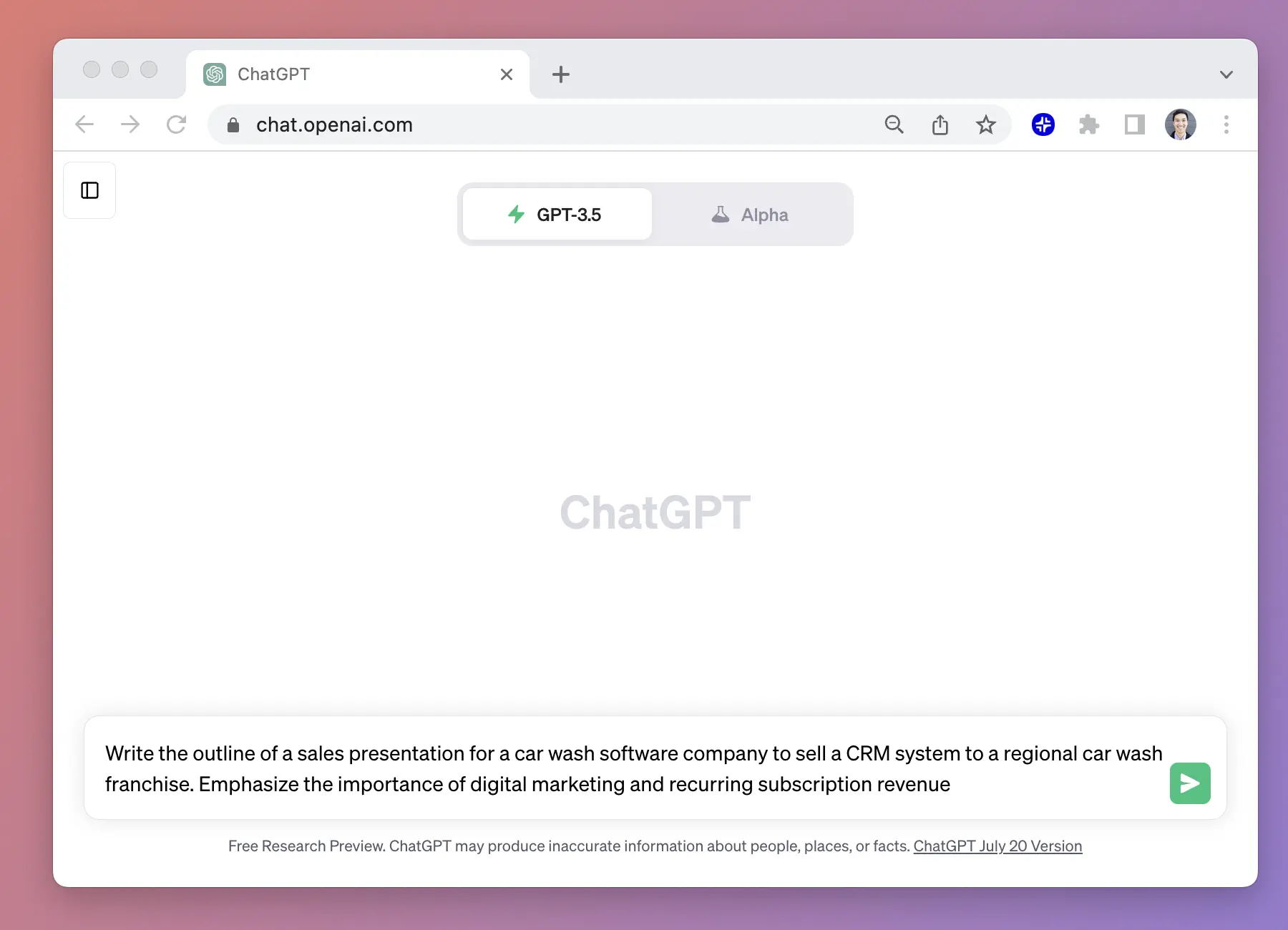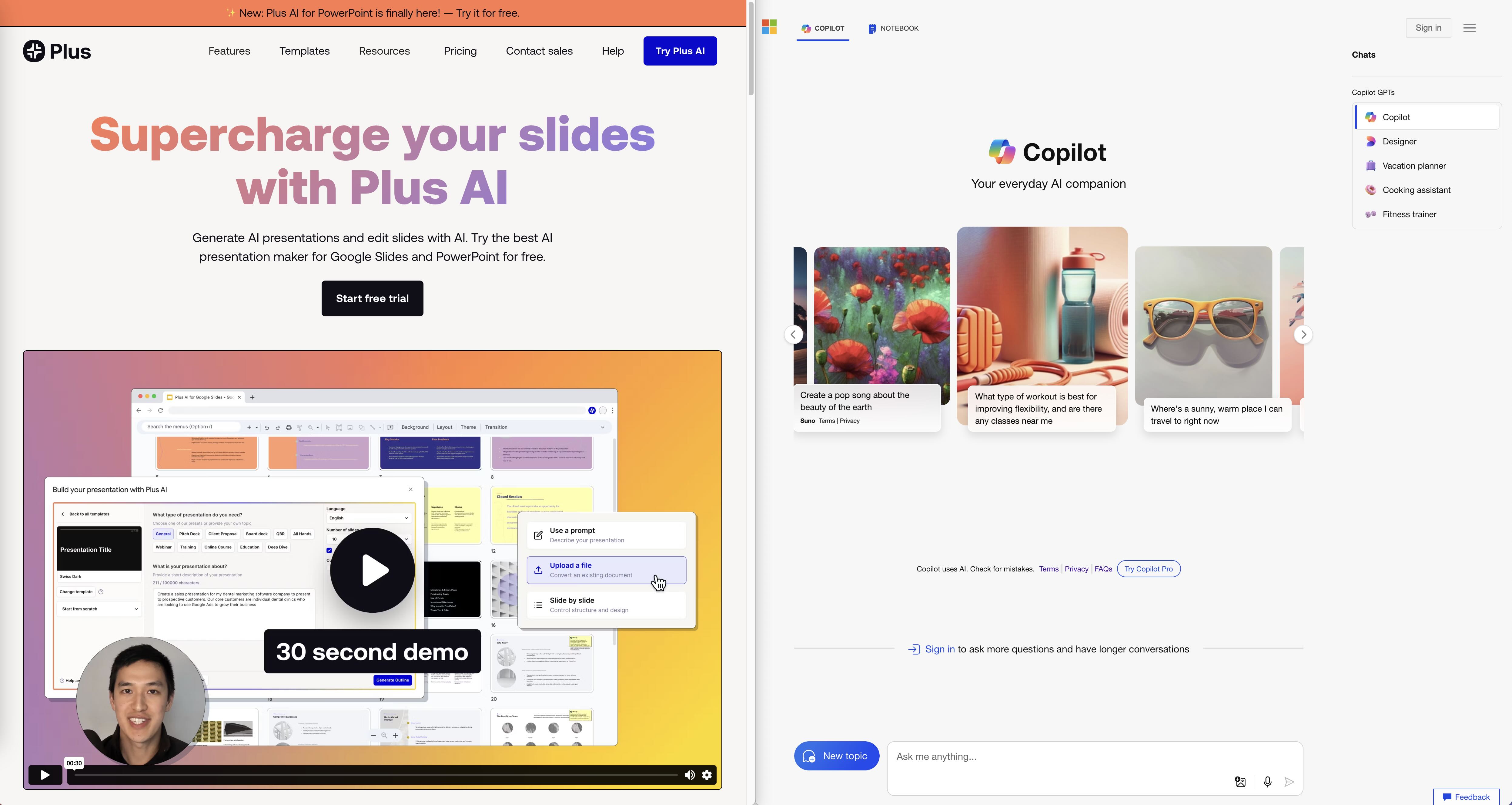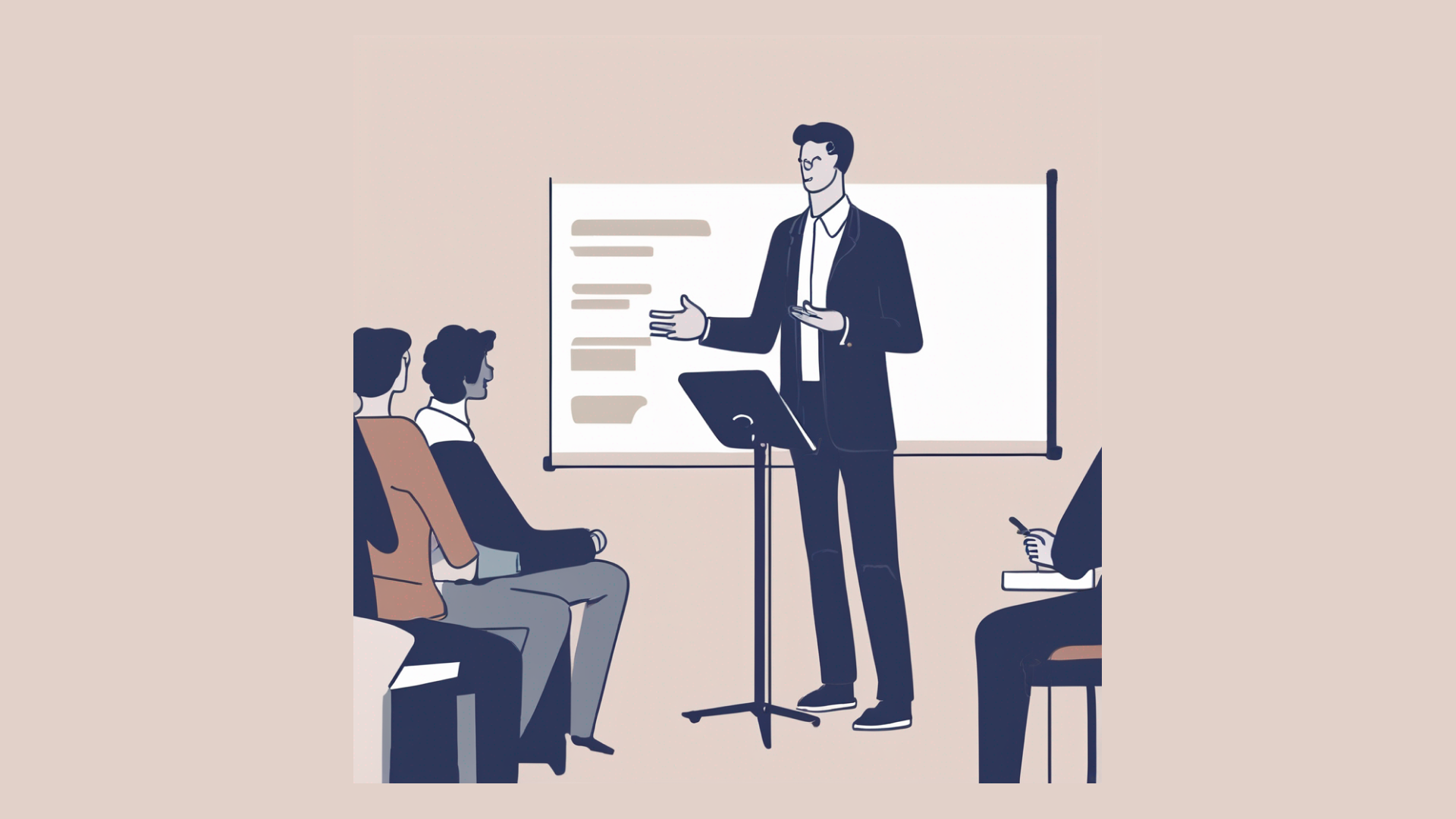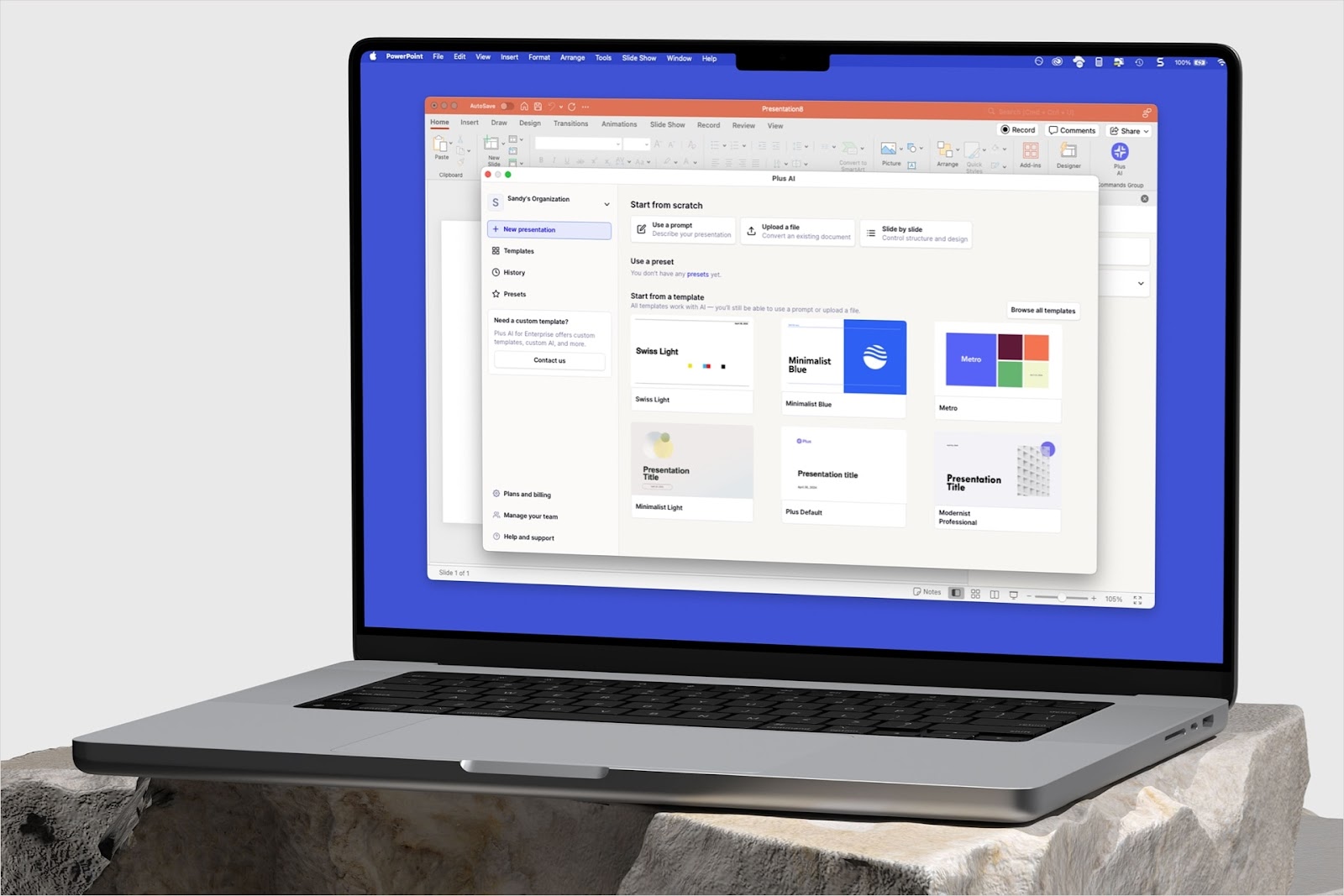Plus AI recently conducted a Reddit poll and found that over 90% of ChatGPT users believe that students should be allowed to use ChatGPT and other AI tools for school work.
While this was a somewhat biased sample of people who choose to spend time in a community discussing AI issues on the internet, most people have now used AI at school and work, so it's an interesting time to examine whether or not students should be allowed to use AI.
To sum up the arguments on both sides, here are five reasons students should be allowed to use AI tools on school work and five reasons students should not be allowed to use AI on school work.
{toc}
Five reasons students should be allowed to use AI at school
1. They will need to use AI once they are no longer in school
The education system must adapt to meet the needs of our society. While teaching concepts and critical thinking is important, it's equally important to prepare students to work with new AI tools that companies and organizations are rapidly adopting. The education system should aim to ensure that students learn how to use these tools responsibly before they enter the workforce.
2. AI is a tool, just like a grammar checker or Google
Students don't require permission to use a grammar checker, so why restrict them from using ChatGPT? Just like how a grammar checker alone can't help students write an impressive essay, students need to learn how to use AI tools to create compelling stories and arguments. Instead of limiting access to specific tools, schools should focus on teaching students how to use them effectively.
3. Personalized learning and access to resources
With widespread and low-cost access to AI, nearly everyone with an internet connection can have 24/7 access to personalized information and an AI "teacher" to explain new concepts. This presents an incredible opportunity for learning, and it would be a great loss to cut off access to such an important resource.
4. Teachers should manage how to teach with AI
Although there are drawbacks to using AI tools in education, it's the responsibility of teachers and school districts to manage the potential downsides, not students. Just as math teachers teach math in a world of calculators, teachers should be able to integrated AI into their lessons. If certain assignments require completion without AI or there's a reason not to use AI for specific projects, that's a reasonable request, and teachers can apply these rules for individual projects and classes.
5. Students are just going to use it anyway
Regardless of whether or not a school officially supports the use of AI tools in classrooms, students will find a way to use them. Rather than completely banning access to AI, a better approach would be to provide guidance on responsible usage and teach students how to effectively utilize AI. This will help address concerns while still allowing students to benefit from AI technology.
Five reasons students should not be allowed to use AI at school
1. Students need to practice specific skills that AI replaces
ChatGPT and other AI tools can already write essays and solve math problems at the level of an average college student. However, relying solely on these tools will lead to students neglecting the essential skills they need to practice in school. Just as students still need to learn to write in a world of computers, they must continue to practice reading, writing, and math in the age of AI.
2. Reliance on AI may reduce critical thinking skills
Relying on AI to come up with ideas and help solve problems will eventually lead to students who are not able to think for themselves. The primary goal of the education system should be to teach students how to think and how to approach problems. Using AI can be helpful in certain situations, but schools should teach students how to think, not how to use AI essay generators.
3. Using an AI writing tool to generate an essay is akin to plagiarism
Since the dawn of education, schools have implemented strict rules and harsh punishments around plagiarizing work. Large language models essentially use the collective written word of the internet to write sentences, paragraphs, and essays. When students use these tools to create assignments, they are essentially engaging in an abstract form of plagiarism and not creating their own ideas and arguments.
4. Privacy concerns for minors
Children might unknowingly share sensitive and personal information with AI systems. If they don't fully understand how these systems operate and use data, they could unknowingly risk having their data sold to third parties, used in other systems, or be exposed to discriminatory consequences.
5. Reducing human interaction and teaching interactions
One of the primary reasons kids attend school is to engage in learning and discussion with their teachers and classmates. However, as AI technology continues to advance and potentially replace human educators, there is a risk that children may have fewer opportunities to interact with their peers and teachers. This could have a negative impact on their overall educational experience.
Conclusion
Given how quickly AI is changing the way we live, it's important for educators and policymakers to consider both sides of this argument before making a decision about whether or not to allow students to use AI in the classroom.
For now, some schools may want to introduce AI gradually and monitor its impact on students over time, and some schools may want to go 'all in' on teaching students how to use AI tools as quickly as possible.
Ultimately, the goal should be to find a way to prepare students to effectively use AI technologies while also ensuring that students are receiving a well-rounded education that promotes critical thinking and creativity.







